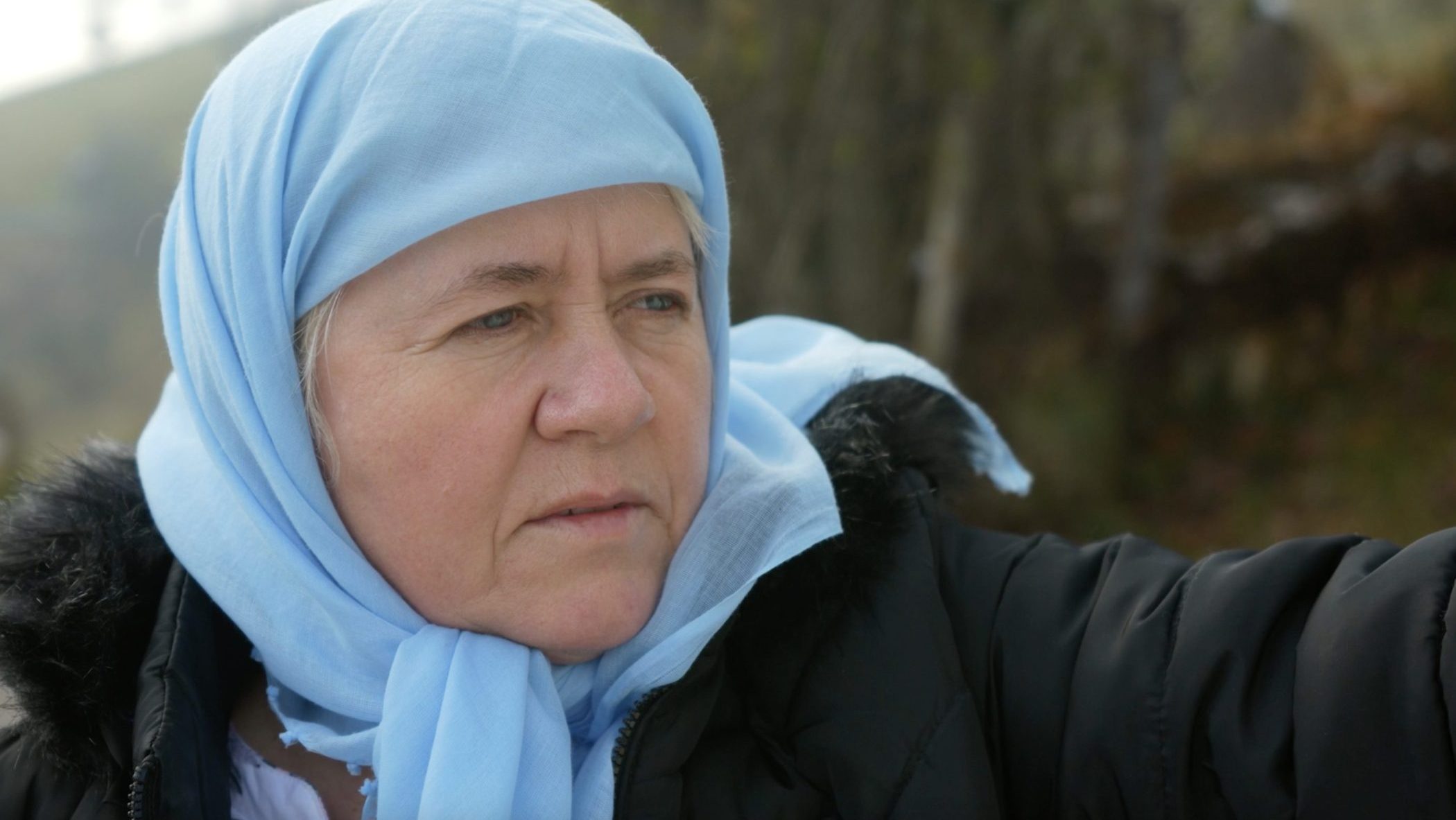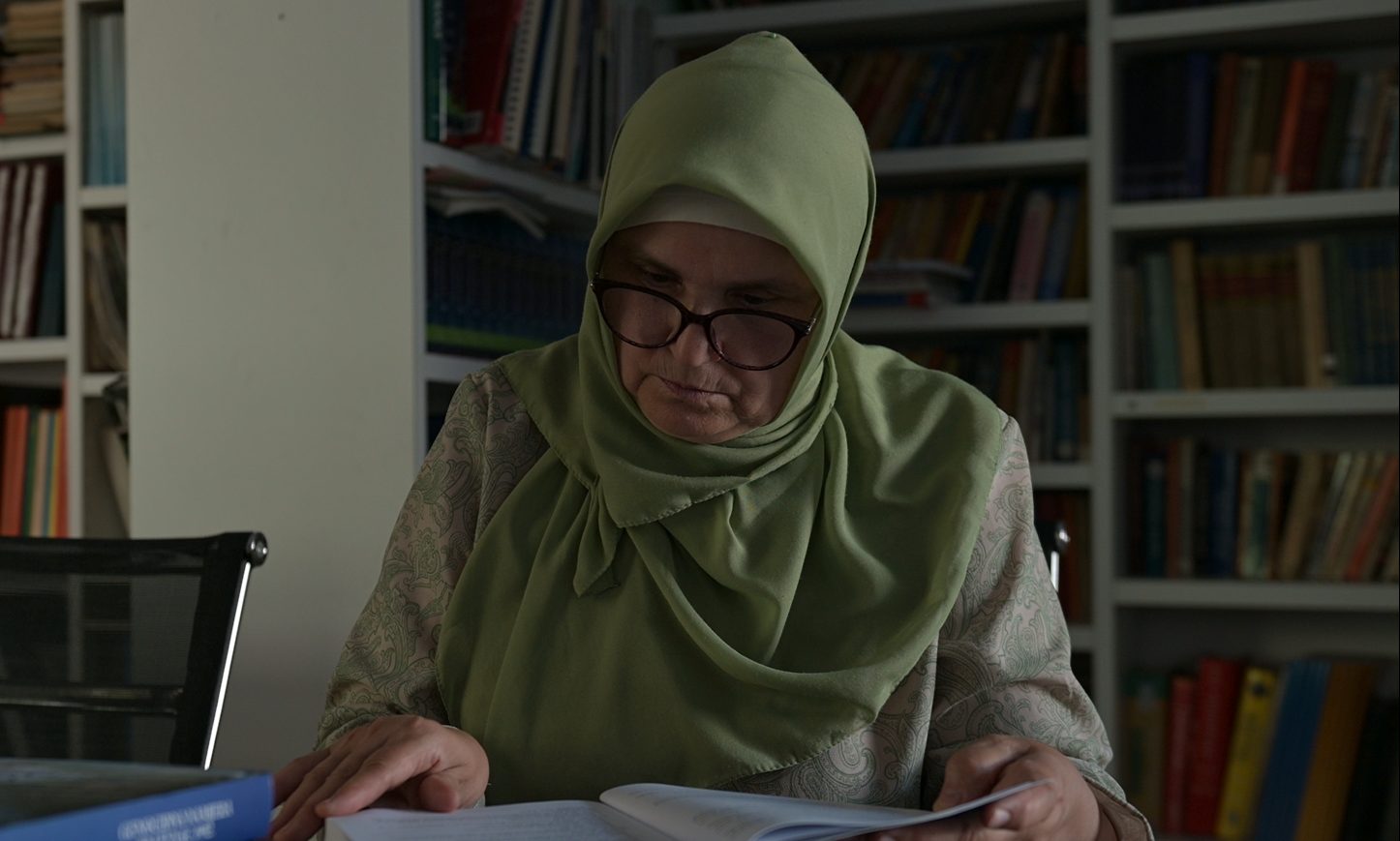This post is also available in: Bosnian
The UN Detention Centre in Scheveningen is very unusual. It is quiet and has no smell. There is no noise or odour of sweat or a speck of dirt – those were the first impressions of Mikka Sarvela about the UN Detention Unit in The Hague, when he was appointed to the position of warden, 15 months ago.
There are 20 people currently being held in Scheveningen, which is considerably less than in previous years. The high point was in 2005, when there were 64 of them.
The UN Detention Unit is located in the Dutch prison complex, where between 200 and 250 prisoners are serving their sentence. High walls and fences separate the part, which, except for the International Criminal Tribunal for the former Yugoslavia (ICTY), is used by the International Criminal Court and the Special Tribunal for Lebanon.
In the media in the Balkans, the prison in Scheveningen is often described as a hotel, but Finn Sarvela states that the facility provided there is typical for countries of Western Europe.
“It is similar in Finland, and generally in Western Europe. There is no luxury here,” says Sarvela.
At the end of September, he and his Scottish deputy Fraser Gilmour welcomed a group of journalists from the region and Europe. This was the second and the last visit of the media prior to the closure of the ICTY, also known as The Hague Tribunal.
For a few hours, they were available to the media and were happy to explain the procedures and conditions of stay in that institution. Questions about detainees were not allowed, and the number of photos taken and places to be seen was limited.
Recreation and learning of languages
Previously, detainees of The Hague Tribunal used five wings of the UN Detention Unit, and now they are divided in just three. Each wing consists of separate cells, a living room with a kitchen and facilities for bathing and laundry.
Additionally, there are a number of common premises for all detainees of The Hague Tribunal. Among them, there are rooms for receiving family, including private visits of their partners, premises for conversation with a lawyer and space for religious needs, a hall for sports and recreation, a first aid point, a classroom for learning foreign languages, a library and cafeteria. Prisoners may also take walks outside of the building.
An iron bed with a foam mattress, table, chair, lamp, TV, closet, a wash-stand and toilet is located in the cell, which is up to ten square metres in size. Detainees are provided with basic hygiene and food means as well as with a sweat-suit. They are also equipped with writing boards on the walls.
At the entrance to the cell, there is an electronic device with buttons which allows the detainee to activate the alarm if he needs the help, but also to listen to the music. Each detainee is required to clean his cell.
While detainees in other developed countries have similar accommodation, the detainees of The Hague Tribunal are distinguished by more liberal treatment.
Excluding night hours when they are asleep, detainees are obliged to be in their cells three hours a day, and for the rest of the time, they can move freely inside the wing and other common premises.
Taking into account that they are some 1,300 to 1,800 kilometres away from their homes, the visit by their families is permitted to them for seven consecutive days on a monthly basis.
The detainees also have their own detention accounts, on which the management pays them 15 euros per week for phone use or for purchases in the cafeteria, and others are also allowed to send them money.
The directorate has also provided TV channels and press from the region, and they can also order food from their homeland.
The Hague Tribunal detainees have these and other similar benefits due to their specific composition.
Arguments without body injuries
It is a matter of mostly educated elderly and sick persons who executed high military or political duties, who did not hold previous convictions, and who are very far from their homes and who will stay a long time in custody. Also, they are indicted for complex and serious crimes, and thus there is a great public interest about them.
“An attack on the guards never happened here, which is unheard of in the world of prisons,” says Fraser Gilmour, the deputy warden, who has been working here for 16 years.
Serious fights among detainees was never recorded, only “some noisier arguments or minor incidents, but without body injuries.”
On average, the current detainees of The Hague Tribunal are nearly 63 years-old in age, which is twice the average compared to other prisons. Also, their health is far worse. About 60 percent of them have cardiovascular diseases, 44 percent of them have problems with their bones, and 67 percent have high cholesterol or diabetes.
“In this institution, detainees are often better educated than the staff, while in other prisons the situation is opposite,” says Gilmour.
The drastic difference is also expressed in the duration of stay. While custody in Scotland or Australia lasts from one to several months, in the UN Detention Unit custody lasts an average of 90 months, or more than seven years.
The cultural habits of different geographical regions come to the fore in this institution.
“It seems that the active treatment of patients is characteristic for the south, while in the north, the principle is ‘to let the body heal itself,’” indicates Gilmour.
The food is the first on the list of detainees’ complaints, which is also shared by international staff.
“Complaints are similar to other prisons, such as heating, things about television… When the person is detained, they complaint more,” explains Sarvela.
The management also has the understanding of habits of people from the Balkans, so they can smoke cigarettes on several locations in the Detention Unit. On the other hand, alcohol is not allowed in any case. Internet is also on the list of prohibited items but the detainees can use the computer in the classroom.
The division on an ethnic basis was characteristic of the conflicts in the former Yugoslavia, but in the Detention Unit in Scheveningen, this division is not applied. When determining the groups for accommodation in the prison’s wings, the management does not take into account the nationality of the detainees.
“We believe that it is not necessary. It is pointless,” said Sarvela.
For the purposes of The Hague Tribunal, the UN Detention Unit will be open for several more years. The management predicts that by the end of 2016, 12 detainees will remain there.





